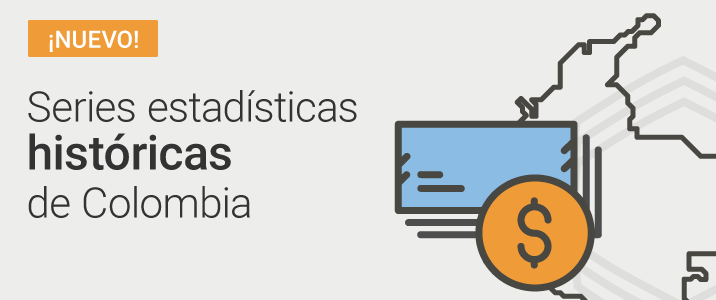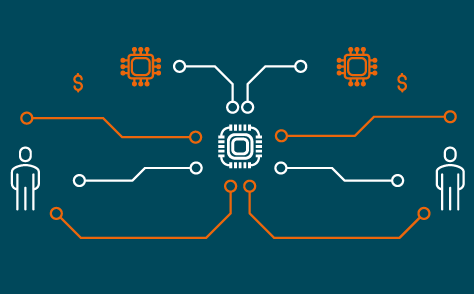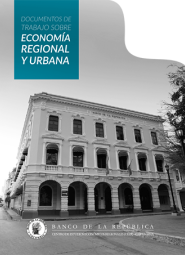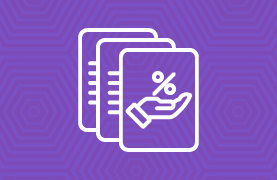Banco de la República Created the Payments System Forum
The development of this agenda includes the decision to promote an Instant Payments System (IPS), an analysis to expand the offer of cross-border payments, and, subsequently, the review of the advisability of issuing a digital currency.
The design of the Instant Payments System is carried out jointly with the industry, following guiding principles of efficiency and inclusion. The main objective is to provide access to all participants in the payment system, under uniform and transparent rules.
Authorities and representatives of more than 90 companies in the financial sector, as well as other players in the payment system, have defined a schedule of meetings to work in the coming months on the model of operation that the IPS should have, the review of its technical requirements, the operating rules, the clearing and settlement mechanisms, etc.
Ana María Prieto, the Head of the Payment Systems Department of Banco de la República (the Central Bank of Colombia), points out that the Instant Payments System from the work of this Forum must take into account these principles:
Interoperability: to interconnect all participants with the various payment instruments using electronic transfers.
Innovation in the last mile: to encourage participating entities to increase user convenience and expand the offer of Use Cases.
Immediacy 24/7: to ensure clearing and settlement that confirms the payment in real time.
Cost efficient: to leverage economies of scale and network effects of a unified platform.
Security: to guarantee and safeguard the robustness of the platform and its connections.
Dynamism and flexibility: to generate high capacity for technological adaptation and innovation to adapt to the changing market needs.
Regarding the Instant Payments System, the Governor of the Central Bank, Leonardo Villar, states that "The Brazilian case is a world reference given the high usability it has achieved in only two years of operation. More than 70.0% of adults in that country use the system for their daily payments. The context in which PIX (the Brazilian electronic payment system) emerged is particular to Brazilian realities; however, it does yield valuable lessons worth considering, such as the requirement to link certain types of financial institutions and usability standards, to name just a few of them."
In 2021, the International Monetary Fund (IMF) and the World Bank, in their assessment of the Colombian financial sector FSAP, highlighted the improvements in the conditions of the derivative payments system since the regulatory update of Decree 1692 of 2020. However, they pointed out the need to accelerate the development of the payments system, for which they recommended, among others, defining a public-private roadmap for ecosystem promotion.
Today, nearly 60 countries have instant payment systems in which their central banks play an essential role. This is the case of the New Payments Platform (NPP) in Australia, the Fast and Secure Transfer (FAST) in Singapore, UPI in India, CODI in Mexico, PIX in Brazil, and FedNow in the United States.





















































